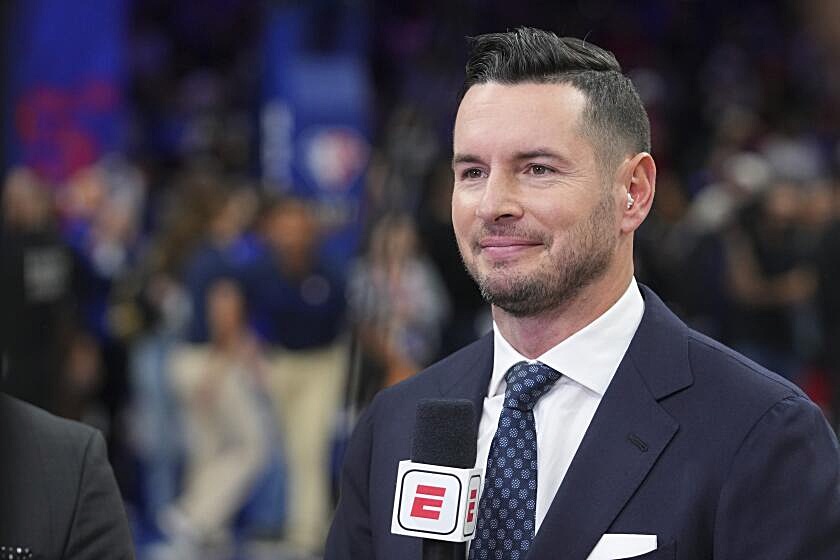In a groundbreaking move that has reshaped the landscape of college football, crosstown rivals UCLA and Southern California have officially announced their departure from the Pacific-12 Conference in 2024, paving the way for their entry into the Big Ten conference this season.
The addition of UCLA and USC to the Big Ten brings not only the second-largest media market in the nation but also significant brand recognition, as well as the potential for highly anticipated matchups. This bold move to expand the Big Ten’s reach from coast to coast has captivated the attention of football enthusiasts and sparked much excitement among fans.
During the recent Big Ten media days, UCLA’s first-year coach, DeShaun Foster, expressed his enthusiasm for the opportunities that lie ahead. He highlighted the chance to play in stadiums that were previously inaccessible, such as the iconic Beaver Stadium at Penn State, where UCLA will face off against the Nittany Lions in their first meeting since 1968.
Although the new pairings between the Bruins, Trojans, and established Big Ten teams are undoubtedly intriguing, there are valid concerns about how well UCLA and USC can compete against the dominant forces of the conference. Despite their rich history in the Pac-12, with a combined 54 conference football championships, both schools have only managed to secure one title during the College Football Playoff era. USC’s last Pac-12 championship victory was in 2017, while UCLA’s drought dates back to 1998.
Now, the Bruins and Trojans will be stepping onto the field with formidable opponents like Penn State, a team that has consistently performed well but hasn’t yet made it to the College Football Playoff due to the dominance of other Big Ten powerhouses.
Over the years, the Big Ten has proven its dominance in the College Football Playoff, with Ohio State and Michigan clinching national championships. Meanwhile, the Pac-12 has struggled to achieve similar success since USC’s last title win in 2004.
Last season, USC, under the leadership of Coach Lincoln Riley, experienced a disappointing outcome, finishing with a 1-1 record in the Pac-12 Championship Game and the Cotton Bowl. The Trojans faltered in their final three regular-season games, ultimately making their way to the Holiday Bowl unranked. Moreover, their star player, 2022 Heisman Trophy winner Caleb Williams, left without a team title.
USC’s underwhelming performance in 2022 generated significant buzz in the college football media. Coach Riley acknowledged the intense scrutiny that comes with coaching at a prestigious program like USC, emphasizing that it comes hand in hand with being a blue-blood program.
The Trojans’ introduction to the Big Ten will be marked by a marquee matchup against reigning national champions Michigan in Ann Arbor. This highly anticipated clash on September 21 will be the first meeting between the two teams at the iconic Big House since 1958.
Meanwhile, UCLA will commence its Big Ten journey by hosting Indiana at the Rose Bowl in Pasadena on September 14. This serves as a reminder that the addition of Oregon, UCLA, USC, and Washington to the conference also has significant impacts on other sports. Notably, UCLA boasts the most national championships in men’s basketball, while Indiana ranks fifth on that list.
Although UCLA won’t face former coach Chip Kelly’s new team, Ohio State, in their inaugural Big Ten season, Coach Kelly will return to face his former team, the University of Oregon, at Autzen Stadium on October 12. This highly anticipated matchup could potentially have playoff implications and symbolizes the journey that has brought Kelly from being Oregon’s offensive coordinator to leading UCLA and now setting foot in the Big Ten.
During his time as head coach at Oregon, Kelly steered the program to new heights, helping put it on the national stage and potentially paving the way for the Ducks’ eventual inclusion in the Big Ten.

